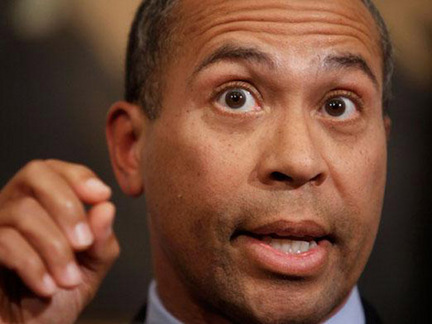U.S. Department of Health and Human Services Secretary Kathleen Sebelius is granting Massachusetts a unique two-year grace period before health plans are required to switch from their current rating factors to new federal rules as part of the President’s health care law.
The decision came in response to Massachusetts officials’ concern over parts of the President’s health care law they say are unnecessarily complicated and less effective than local practices in place now.
Currently, health plans in Massachusetts submit their proposed rates on a quarterly basis for state approval. This method allows insurers to formulate rates based on the latest economic trends. Under the new federal rules, however, insurers set rates once a year, which means some health plans will have developed rates that won’t take effect for 18 months. This will lead health plans to seek higher rates than they otherwise would, to cushion the uncertainly of proposing rates that don’t take effect for longer periods of time.
Josh Archambault, director of health care policy at the Pioneer Institute of Public Policy Research in Boston, says the grace period doesn’t solve the problem; it just delays it.
“The only difference now is that the premium shock will be seen over three years instead of one. This is like telling an innocent man that his life sentence in prison will be delayed over three years, with him spending a little more time in prison each year. I’m not sure if this makes the end result any easier to swallow,” said Archambault.
Other States Likely to Follow
Archambault says the HHS decision to grant Massachusetts a grace period will likely lead to other states wanting one as well.
“One is left to wonder why other states can’t make an equally valid claim in order to meet the spirit of the ACA language to preserve the ‘right to maintain existing coverage’ or offer ‘affordable choices of health benefit plans.’ Evidence suggests they too will need a delayed phase-in as well,” Archambault said.
If other states make similar appeals to HHS that forestall regulations, it could spike premiums for many younger individuals by 30-100 percent, says Archambault.
The National Association of Insurance Commissioners (NAIC) recently circulated a letter offering strategies for states to protect their citizens from rate hikes. Archambault says this could be a useful tool for states who may want to request their own delay.
“This decision by HHS should embolden other states to push back strongly with this letter as a justification for a delay in their state.”





